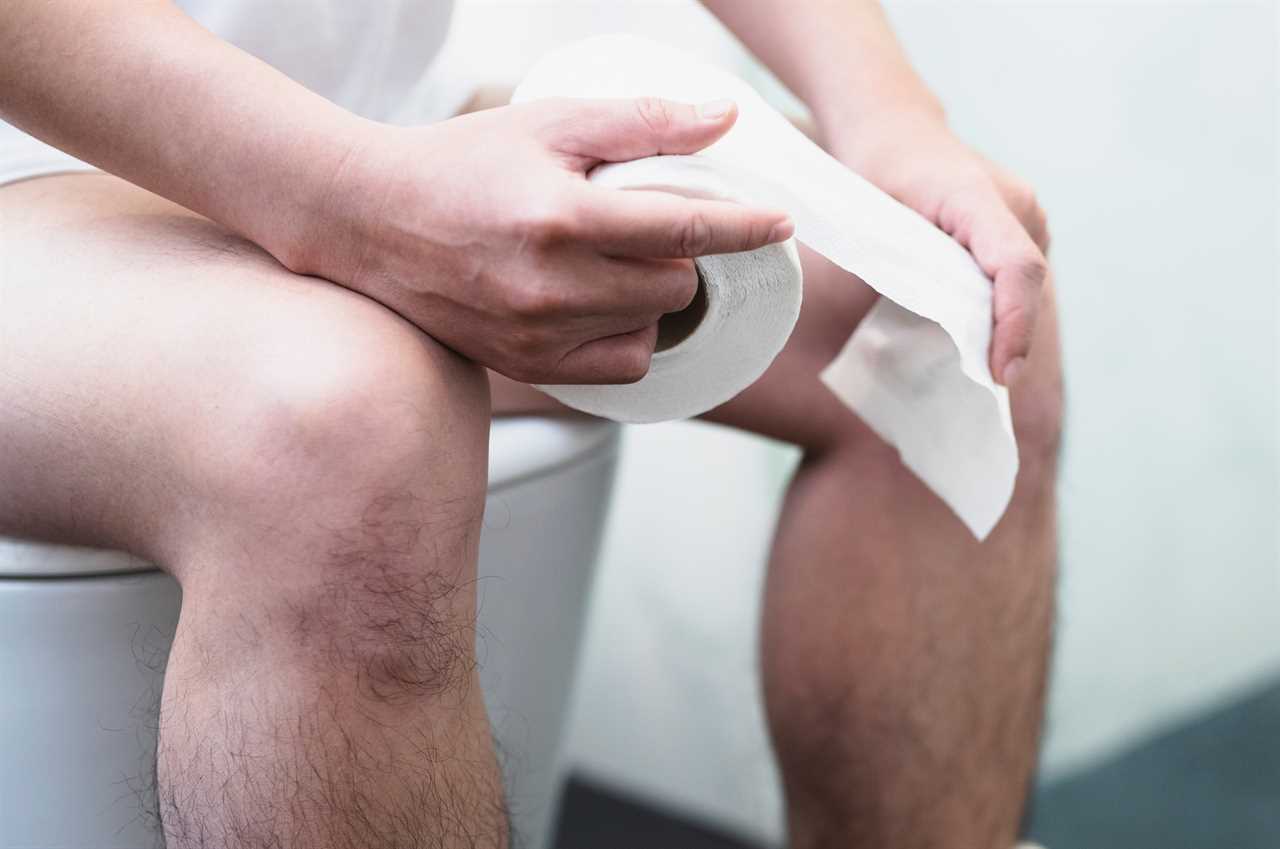LOO habits can be embarrassing to talk about and you might even feel uneasy bringing these issues up with your doctor.
But it’s imperative that if you experience unusual changes then you seek help – as they could be a sign of a rare cancer.

One expert has warned people to be on the look out for signs similar to piles
Bowel incontinence and needing to visit the toilet more often are tell-tale signs of a rare cancer that is often mistaken for piles, one expert has warned.
Most of the time, piles clear up all on their own and aren’t a sign of anything serious.
However, Dr Pavel Vitek, a leading radiation oncologist from Proton Therapy Center in Prague said anal cancer sufferers often experience symptoms similar to those of piles and haemorrhoids.
Sometimes anal cancer has no symptoms at all – and can be hard to spot.
But you should see your GP if you notice a change around your anus that is not normal for you, of if you have any of the below seven symptoms:
- Bleeding from the bottom
- Itching or pain around the anus
- Small lumps around and inside the bottom
- Discharge of mucus from the bottom
- Issues controlling your bowel movements
- Needing to poo often
- Having loose or runnier poos.
Dr Vitek said it’s imperative that people are aware of these symptoms and to not let embarrassment prevent people from seeking treatment.
He said: “Anal cancer is one of the rarer types in the UK, with around 1,500 new cases each year.
“Its symptoms can often be mistaken for more common and less serious illnesses such as piles and haemorrhoids, but it should not be taken lightly.
“Common red flags include needing to visit the toilet more often with looser, runnier stools and finding blood, itching or pain around the anus.
“It’s important not to let embarrassment prevent you from seeking treatment as earlier detection often leads to a better health outcome.”
According to Cancer Research UK, anal cancer accounts for less than one per cent of cases a year.
Rates are highest among those aged 80-84 – but the cancer can strike at any age.
For those who get the illness, treatment required includes a mixture of radiotherapy and chemotherapy.
But a new study led by Dr Vitek has shown proton beam therapy to be an effective treatment with reduced side effects.
The paper showed 92 percent of those treated achieved complete regression with a favourably low rate of colostomy.
Colostomy refers to an operation which diverts the end of the colon to an opening in the tummy – with the opening being called a stoma.
Dr Vivek added: “This new study gives us cause to be optimistic that proton beam therapy can be considered a kinder and effective treatment option to sufferers of anal cancer compared to some more traditional plans.
“Proton beam therapy allows us to target tumours and leave healthy tissue unaffected, and this often leads to better health outcomes for patients.
“The study has also indicated that it can help reduce acute toxicity and the need for a colostomy, in turn improving patients’ quality of life post-treatment.
“While further research is needed, proton beam therapy’s potential to give patients better health outcomes than traditional methods continues to give us cause for optimism.”






